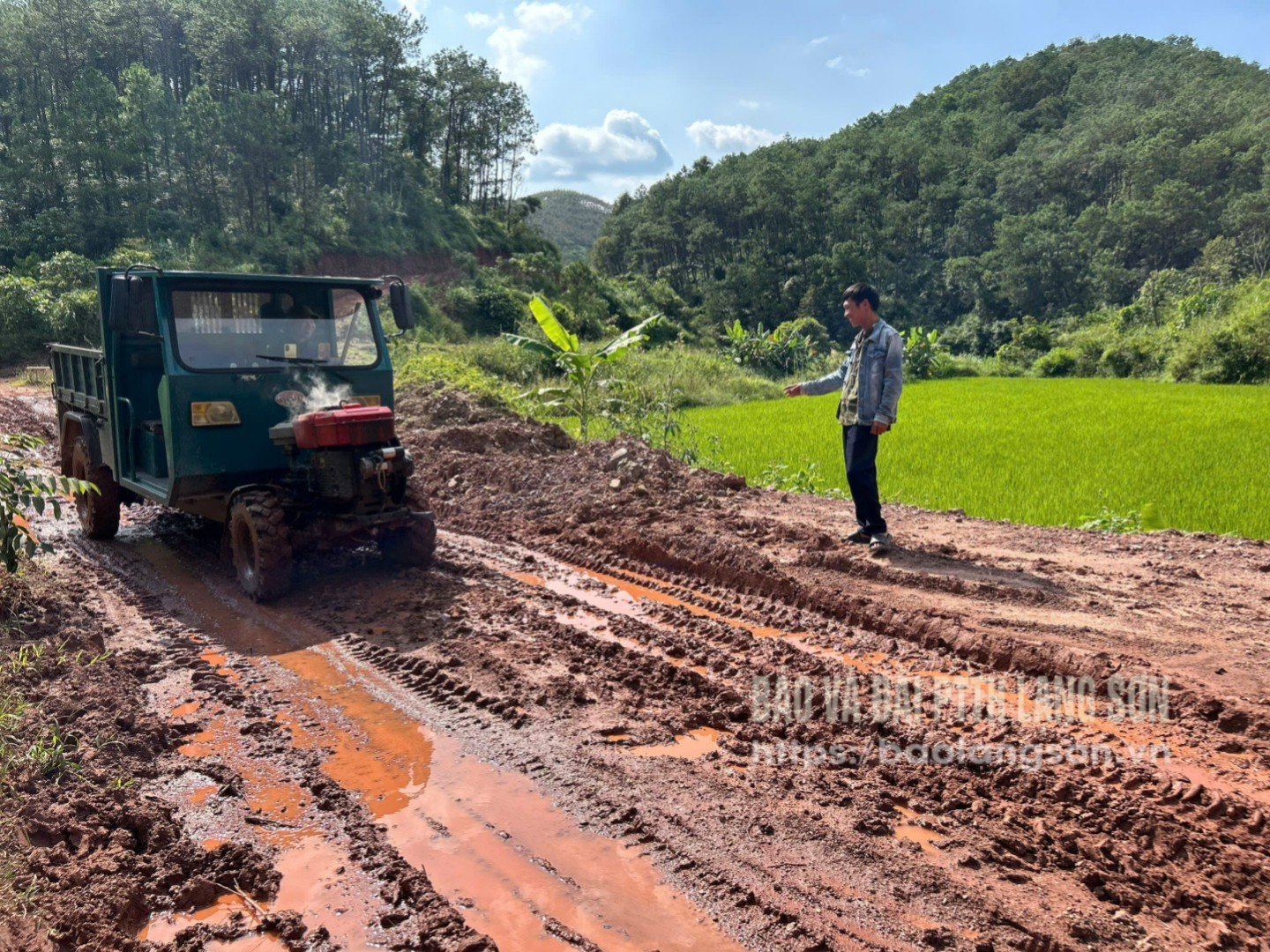
In early October 2025, following the instructions of Loi Bac commune officials, we went to Phai Vai village. The nearly 10 km road leading to the village was just a dirt road, full of potholes. After the heavy rain caused by storm No. 11, although the weather was sunny, the road surface was still covered with a thick layer of mud, making travel even more difficult. Witnessing the scene of people struggling to get through this muddy, slippery road, we somewhat understood the hardships of the people here.
According to research, this is the road connecting Phai Vai village with National Highway 4B, about 3.5 m wide but the entire road is still dirt, many sections have subsided and seriously degraded.
Mrs. Hoang Thi Diem, 93 years old, one of the oldest people in the village, said: “For a long time, people have been traveling on this bumpy dirt road. It is dusty in the dry season, muddy in the rainy season, and difficult all year round. I just hope that there will soon be a new road so that people can travel conveniently and children can go to school with less difficulty.”
Mrs. Diem's wish is the common concern of hundreds of households here. Mr. Hoang Van Thom, Head of Phai Vai village, added: Over 99% of the village's households depend on the forest for their livelihood, with nearly 300 hectares of pine and more than 40 hectares of acacia and eucalyptus. Every time wood or resin is harvested, traders are reluctant to enter, sometimes even having to transport it to the main road to sell. Therefore, the price is often 1,000 - 2,000 VND/kg lower than other areas. For many years, the village has petitioned the commune and the district (old) at meetings and meetings with voters... just hoping for a new road so that people can do business more conveniently.
Not only affecting economic development, the degraded road also directly impacts the daily life of the people. Every time it rains, students going to school becomes a big worry for parents. There are days when it rains heavily, the road is flooded with mud, vehicles cannot go, children have to roll up their pants, wade through mud to go to class, even have to skip school on days when it rains too much.
The hardship is even more acute for the team of teachers working at the village school. Ms. Vi Thuy Danh, a teacher at Khau Khao school (Loi Bac Primary School) shared: My house is in Na Duong commune, nearly 20 km from the school. Every day to teach, I have to cross this distance. There were days when it rained heavily and we could not go by car, so we had to park our cars and walk to school, even having to stay at the school for many days.
Ms. Pham Minh Hue, Chairman of Loi Bac Commune People's Committee, said: Every year, Loi Bac Commune People's Committee still tries to allocate a part of the budget to support the village to temporarily repair severely degraded sections. Villagers also actively contribute working days, fill deep holes, and patch the road surface. In the coming time, we have also planned to include this road in one of the contents to be implemented in the public investment program for the period 2025 - 2030 to ensure traffic for the people as well as promote local economic development.
Hopefully, the road leading to Phai Vai village will soon receive attention from all levels and sectors, with resources allocated and construction quickly implemented. From there, it will contribute to gradually changing and improving this rural area, creating motivation for Phai Vai to rise up on the journey of building a new countryside.
Source: https://baolangson.vn/phai-vai-mong-moi-duong-moi-5061692.html



![[Photo] Conference of the Government Party Committee Standing Committee and the National Assembly Party Committee Standing Committee on the 10th Session, 15th National Assembly](https://vphoto.vietnam.vn/thumb/1200x675/vietnam/resource/IMAGE/2025/10/15/1760543205375_dsc-7128-jpg.webp)


![[Photo] General Secretary To Lam attends the 18th Hanoi Party Congress, term 2025-2030](https://vphoto.vietnam.vn/thumb/1200x675/vietnam/resource/IMAGE/2025/10/16/1760581023342_cover-0367-jpg.webp)



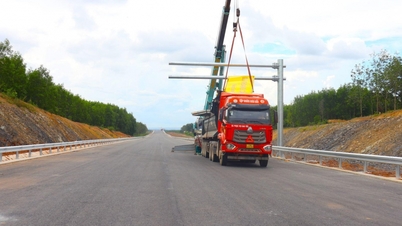



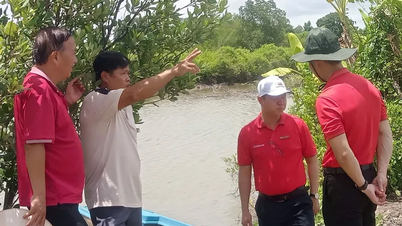

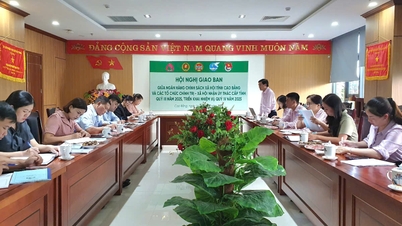

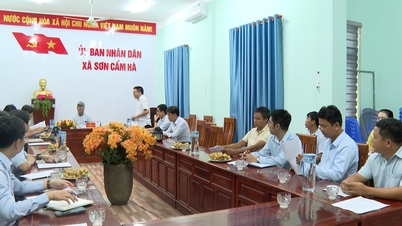





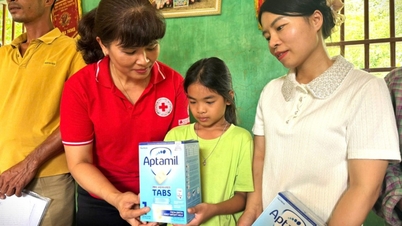
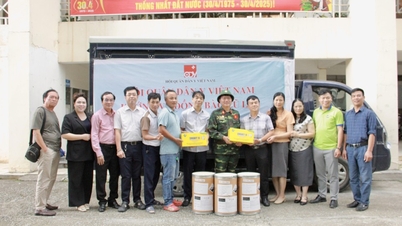


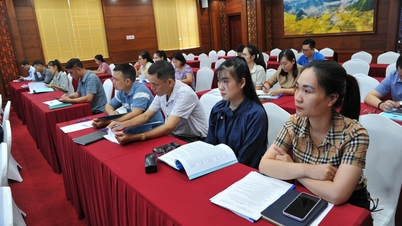









![[Video] TripAdvisor honors many famous attractions of Ninh Binh](https://vphoto.vietnam.vn/thumb/402x226/vietnam/resource/IMAGE/2025/10/16/1760574721908_vinh-danh-ninh-binh-7368-jpg.webp)




































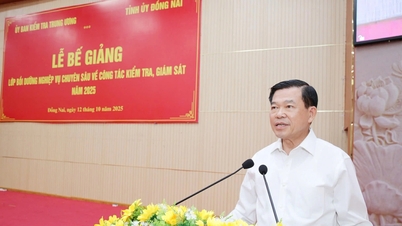







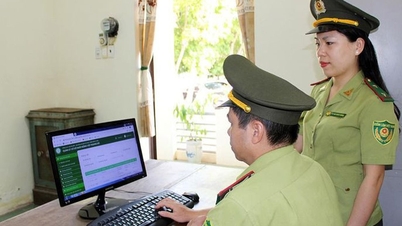

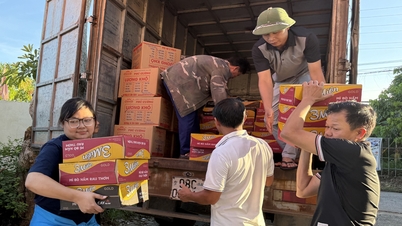















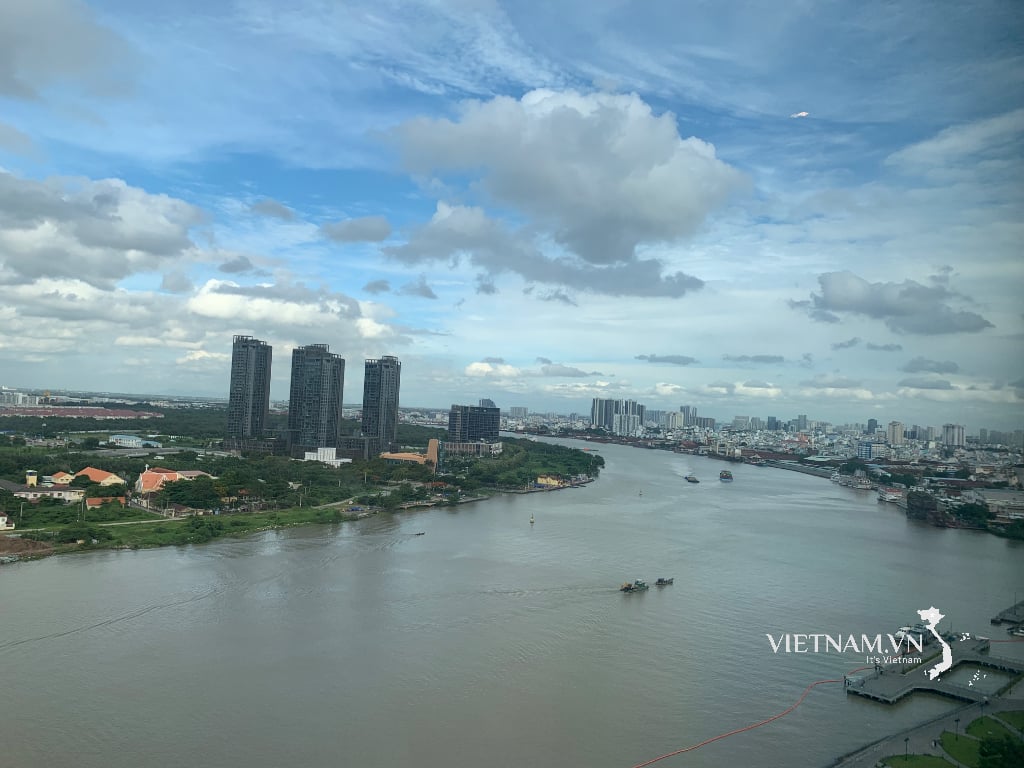
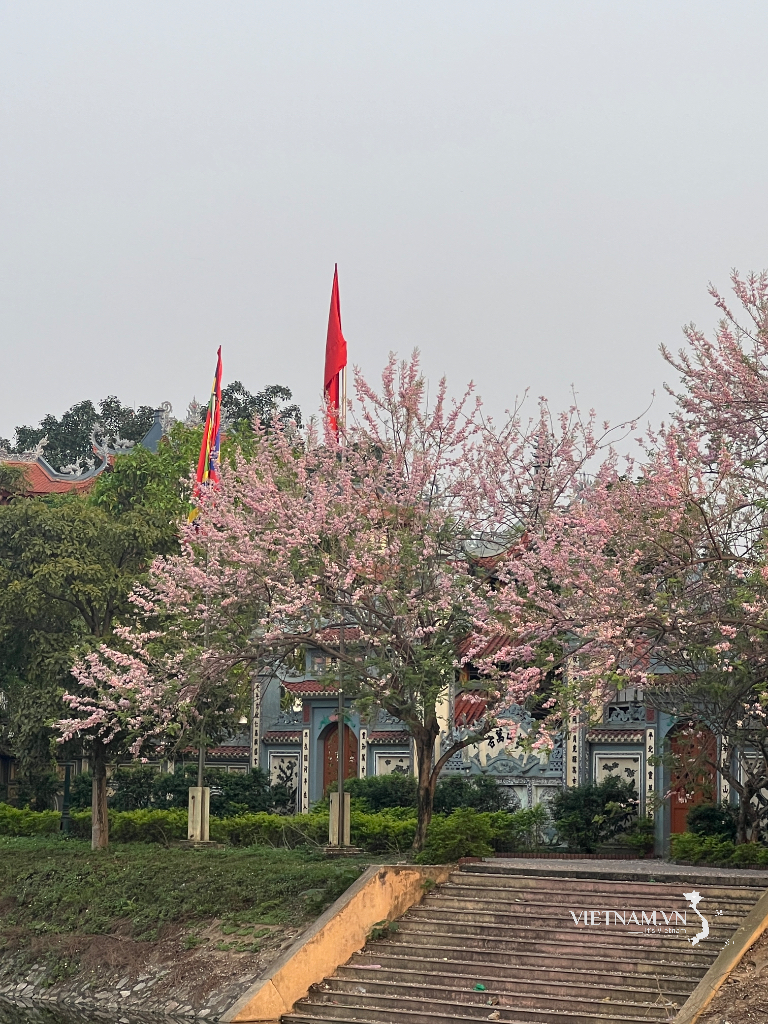
Comment (0)